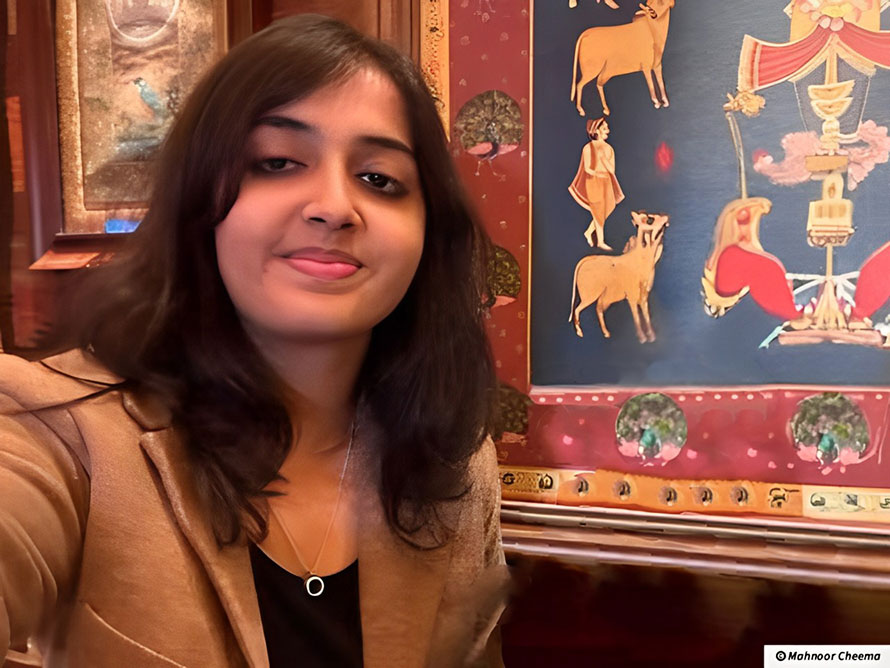But is she wasting her time? Mahnoor Cheema is studying everything from ancient history to marine science. Some believe she would be better off doing other things.
The new Einstein taking 28 A-levels at 17
 Superbrain training: Mahnoor hopes to study medicine at Oxford University.
Superbrain training: Mahnoor hopes to study medicine at Oxford University. Glossary
A-levels - The national exams taken by 17 and 18-year-olds in parts of the UK. A-level grades are used to determine university places.
GCSEs - National exams taken by 15 and 16-year-olds in England, Wales and Northern Ireland.
IQ - A means of measuring human intelligence. A person’s IQ is usually ascertained by making them sit a standardised test. Some have criticised these tests as a means of evaluating intelligence, claiming that they ignore much of what it means to be intelligent.
Einstein - Albert Einstein (1879-1955) was the most influential scientist of the 20th Century. His theory of relativity made the development of nuclear power - and the nuclear bomb - possible.
University - When people leave school, they can go to university to study more and get a degree.
